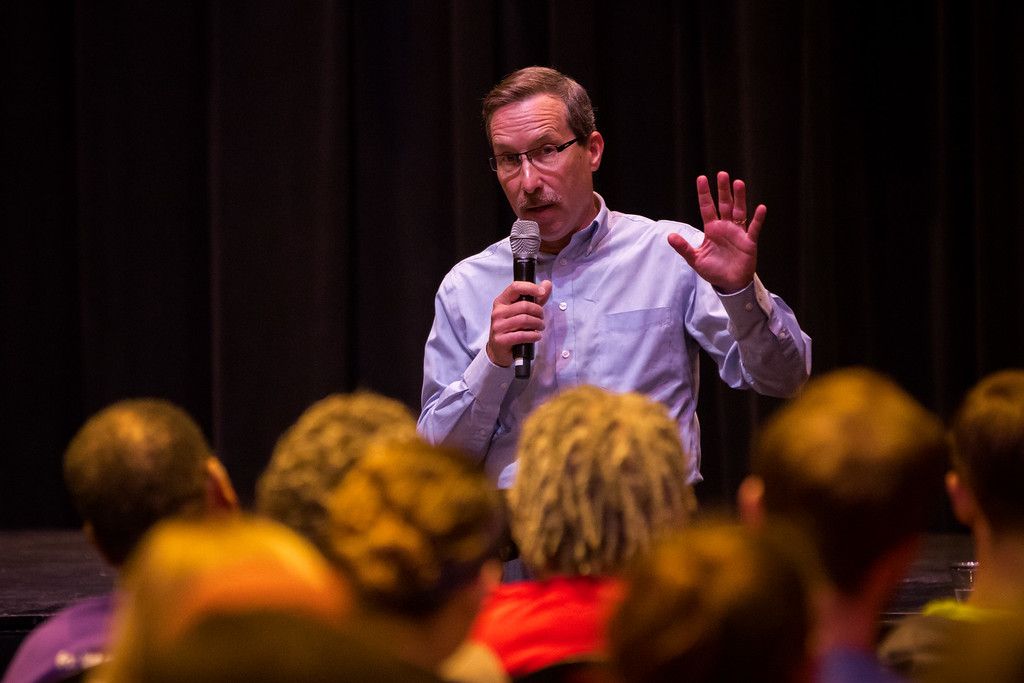by Bruce T. Gourley
Published March 2013
(Baptist Studies Bulletin Archives Index)

In an overarching sense, the story of the American Civil War is that of a struggle for freedom. White southern Christians (including most white Southern Baptists) believed God had willed freedom for whites and bondage for Africans, many northern Christians (including Baptists) were just as certain that God willed freedom for all persons. These contrasting visions clashed on the battlefield, where over 600,000 Americans died in a war to define freedom.
While the history of religion and the American Civil War often focuses on the pro-slavery position of white Christians of the South and abolitionist sentiment of many northern white Christians, the voices of enslaved African Christians were crucial.
 African slave Robert Smalls was born in 1839 near Beaufort, South Carolina from a liaison between a slave woman and her white master (white slaveowners frequently forced themselves upon their female chattel). Smalls’ father-master treated the boy better than his other slaves, including allowing him to learn to read and write. Yet as a young man he yearned for freedom. Permitted to work off the plantation in Charleston and earn his own wages on the side, Smalls learned valuable skills, including sailing skills in Charleston harbor, while plotting his escape from slavery.
African slave Robert Smalls was born in 1839 near Beaufort, South Carolina from a liaison between a slave woman and her white master (white slaveowners frequently forced themselves upon their female chattel). Smalls’ father-master treated the boy better than his other slaves, including allowing him to learn to read and write. Yet as a young man he yearned for freedom. Permitted to work off the plantation in Charleston and earn his own wages on the side, Smalls learned valuable skills, including sailing skills in Charleston harbor, while plotting his escape from slavery.
In May 1862 Smalls’ in a daring act seized the Confederate gunboat Planter and prepared to escape, along with his family and other slave families, from the harbor. If captured, they would be executed. A Baptist layman (more southern slaves were Baptists than of any other faith), Smalls offered a prayer on behalf of his slave crew and their families: “Oh Lord, we entrust ourselves into thy hands. Like thou didst for the Israelites in Egypt, Please stand over us to our promised land of freedom.” Then under the cover of darkness he sailed past Fort Sumter and to freedom.
In the months following, Robert Smalls became a celebrity in the United States, featured in Harper’s Weekly and (along with his crew) received by President Abraham Lincoln as heroes. Commissioned as a second lieutenant in Company B, 33rd Regiment, U.S. Colored Troops, Smalls the following year rose to the rank of captain and commanded the Planter for the United States for the remainder of the war.
The former slave also helped found a colony for freemen in Port Royal, Beaufort County, and following the war became a politician and vocal advocate for education for freedmen. Initially serving in the South Carolina House of Representative, Smalls was later elected to the United States House of Representatives, serving five terms from 1875 to 1887. Afterwards, he remained on the national political scene for many years, forever stamping his imprint in South Carolina and beyond.
A member of the First African Baptist Church in Beaufort, a congregation formed in 1861 by ex-slaves during Union occupation of the city, Smalls’ was perhaps the best-known black Baptist layman during the war years and Reconstruction. His and other voices of black Baptists of the South helped usher in a new chapter in the long story of Baptists’ commitment to freedom for all, triumphing over the 19th century white Southern Baptist narrative of freedom for whites only.
Upon his death, Smalls was buried in the cemetery of the nearby Tabernacle Baptist Church of Beaufort, a congregation also formed by freed blacks during Union occupation. Smalls’ funeral is said to have been the largest ever in the city. Later, a statue of Smalls was placed atop his grave.
